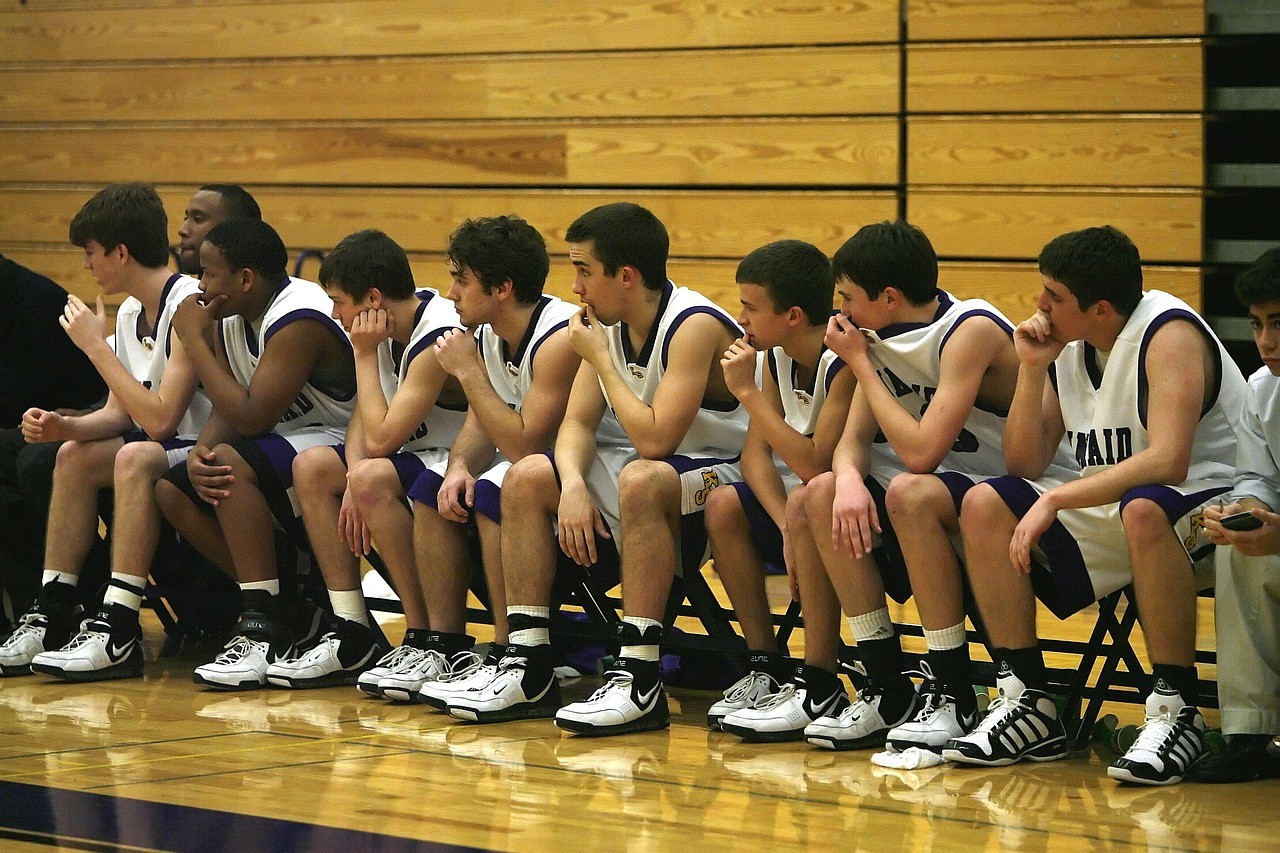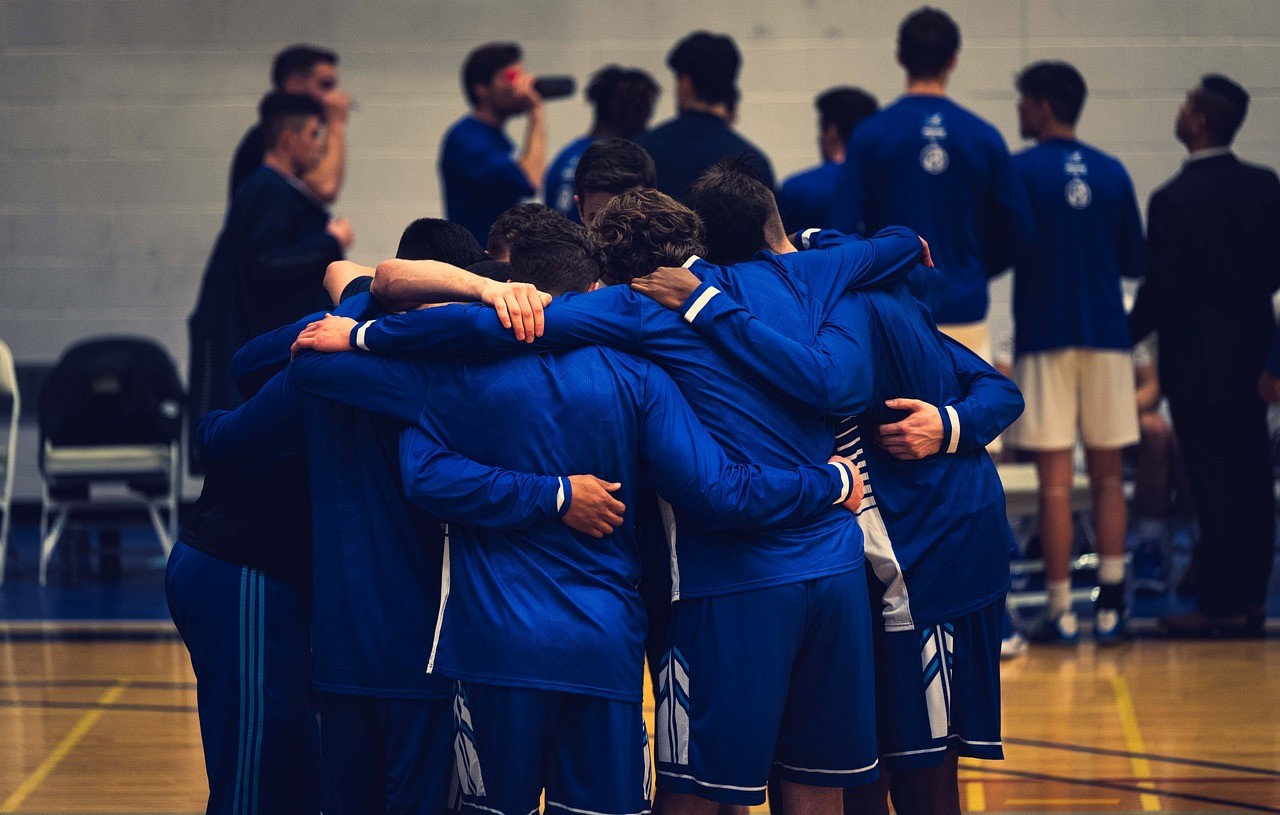A winning team is built on more than just skill—they also require trust, togetherness, and synergy. When an NBA team is having a tough time or dealing with some conflict, it’s not unusual for the players to take control. A player-only meeting provides an opportunity to de-stress, address concerns, and improve team cohesion without the interference of coaches or management. How do these meetings impact a team’s performance? Let’s analyze them deeper.
The Purpose of Player-Only Meetings: Why Teams Hold Them
The goal of a player-only meeting is to fix problems, not just complain about them. Players begin to clash and struggle to communicate as a result of the team’s underperformance, creating a vicious cycle. A private meeting allows everyone involved to express soft grievances, vent, and then figure out the next steps. When there are no outside distractions, people can speak their minds freely, leading to effective solutions. Similarly, when you bet on NBA, it is much better when you are not disturbed by distractions. After all, you need to focus on the analysis. The situation is similar for the players you bet on.
But let’s get back to the main topic. These kinds of meetings are not exclusive to failing teams. Even high-ranking teams use them for maintenance. The Miami Heat and Golden State Warriors are two championship teams that have utilized these meetings to check in on objectives, define responsibilities, and make sure all players are mentally ready for the rigorous season ahead. The best teams understand that taking internal orders, which means facing the reality of the situation, is just as important as the guidance of a coach.
How These Meetings Build Trust and Strengthen Team Chemistry
If done correctly, meetings that involve players alone have a very positive impact on team bonding. These are some of the ways player-only meetings enhance team chemistry:
- Freedom to make mistakes: Players can share errors made without getting into trouble, which allows them to provide even better feedback for each other.
- Encouraging maturity: Veterans and captains take charge of anticipating where junior players need help and mold them accordingly.
- Bringing the team together: Personal bonds formed through a better understanding of each other foster a willingness to make sacrifices for each other on the court.
- Restating team objectives: A meeting brings back everyone’s attention to what needs to be accomplished and makes sure every player knows what steps they need to take for the team to reach success.
Real trust comes from these moments instead of games, and it’s built from honesty and commitment, which define a team’s true identity. And if you want to know even more of this interesting information from the world of sports, a subscription to MelBet will help you. There is everything from news to memes, and betting fans will be able to find promo codes there to maximize their winnings. Subscribe and be even closer to the world of sports.
The Role of Veteran Leadership in Guiding Locker Room Discussions
Having leadership from veterans makes a player-only meeting more effective. The likes of LeBron James, Chris Paul, and Udonis Haslem have helped younger teammates deal with challenges throughout their careers. Veterans know how to balance tough love with encouragement.
They also have a lot of respect. When a veteran talks, younger squad members pay attention. Their experiences give them a distinct viewpoint on dealing with challenges, pressure, and staying level-headed while chasing a championship. An effectively managed meeting can change anger into drive while making sure that no one loses sight of the overall goal.
Famous Player-Only Meetings That Changed the Course of an NBA Season
Meetings that only players attend often lead to the most spectacular turnarounds in sports history. Here are four cases in which private team meetings made all the difference:
- 2019 Toronto Raptors: Midway through the season, this team struggled, so they discussed how to reinforce their defensive identity. Result? Championship run led by Kawhi Leonard.
- 2008 Boston Celtics: Early in the season, Kevin Garnett and Paul Pierce had all-focus meetings to set the tone and expectations for the season. The team went on to dominate the entire season and won the NBA title.
- 2020 Los Angeles Lakers: After suffering a difficult defeat in a playoff game, LeBron James called a meeting. They won the championship.
- 2015 Golden State Warriors: Draymond Green called a meeting after a tough losing stretch. This led to them winning an NBA-record 73 games, the most wins in a season ever.
These moments make it as clear as day how sometimes the talk within the white walls changes everything.
When Do These Meetings Work and When Do They Backfire?
Meetings that involve only the players have a few shortcomings. These meetings can be helpful if they are utilized in a timely manner with strong leadership and a positive reception from the team. When a team starts building mutual trust, a meeting can revitalize an entire season. However, when a team does not trust each other, the damage done could be severe.
Falling short of the goals set during a meeting is often a result of unresolved personal issues. For example, if certain people decide they want to control the entire conversation or if blaming becomes the leading form of critique, the fracture between the team members becomes worse. The 2012 Lakers and 2018 Timberwolves faced issues where player-only meetings did not resolve but instead exacerbated issues within the teams. It takes maturity, self-awareness, and self-sacrifice to attain a goal.
The Future of Team Dynamics: Will Player-Only Meetings Become More Common?
As the structure of NBA teams continues to shift, meetings where only the players are involved can be expected to become even more frequent. There are currently a lot of expectations in the industry, with aggressive media attention and team culture creating a need for self-regulation. The internal structure of the team is becoming the responsibility of the celebrity players, making these meetings critical for success. In a game where talent is necessary to win games and team communication is vital for winning championships, conversations initiated by the players should never be undermined.

